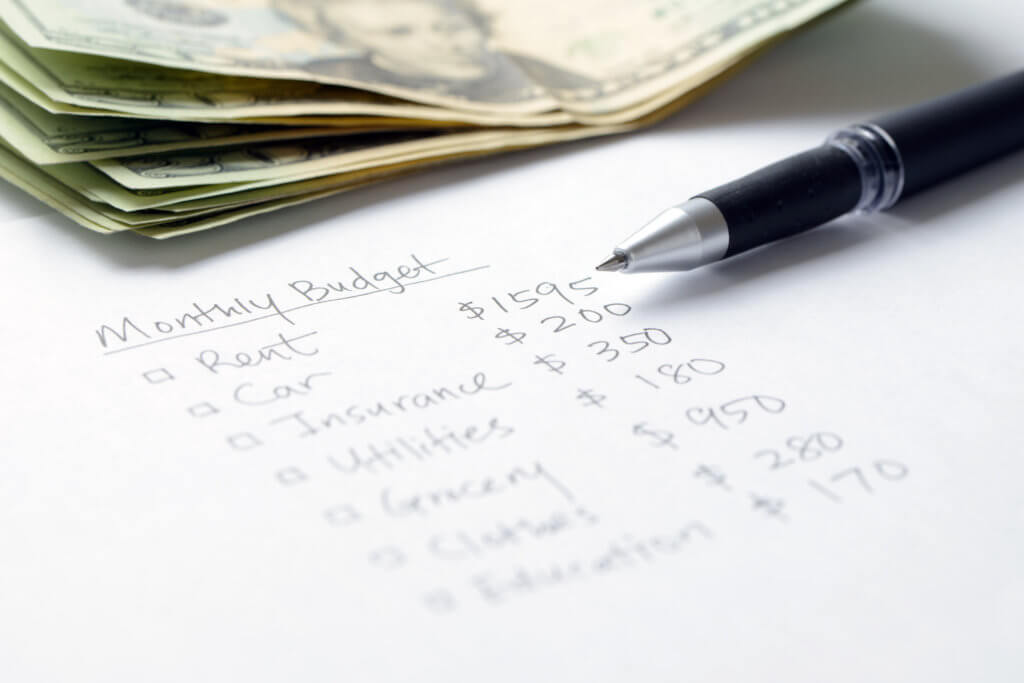
(© Kittiphan - stock.adobe.com)
SAN JOSE, Calif. — As inflation rises, the cost of living becomes much more demanding for Americans. This leaves people searching for ways to earn supplemental income or cut back on spending. Money is always on our minds, but could the economy's current state be negatively affecting mental health across the nation? A new study of 1,000 U.S. adults reveals that 61 percent of Americans say the current economic climate is negatively impacting their mental well-being. This is even higher among young people (74%) and women (65%).
Another 41 percent of those surveyed, now say they are looking for new ways to make money. In order to keep up with the ever-expensive modern climate, many are changing how they manage their money. According to the poll, commissioned by PayPal, this often means sacrificing the simple joys of life.
How far will people go to make ends meet?
Twenty percent of respondents say they are turning down wedding invitations, birthdays, and even dates in an effort to save some cash. Overall, 50 percent are going out less altogether to pinch pennies.
When shopping, 41 percent are on the hunt for coupons and discounts to stretch their dollars. This is especially true for necessities that people can't live without. This also has an effect on how people approach fitness routines. Americans are passing on things like monthly gym memberships and group fitness in order to cut back on spending.
Thirty-four percent say they are instead looking for more affordable ways to improve their health and wellness, including eating right, exercising at home, and meditating as alternatives.

Another combative measure to avoid wasting funds is the search for new financial tools. Twenty percent are looking into high yield savings accounts, reward or loyalty programs, and more.
Some respondents claim they are getting a hold on their finances for the first time in their lives. One in five are creating a budget in order to take charge of their future. Sixteen percent are even putting aside emergency savings funds for a rainy day.
While some are making strides in managing their finances, one in 10 are doing nothing. In fact, 11 percent of those who have noticed a decline in mental health due to the economy are not taking any steps to address it.
Survey methodology:
This was an omnibus study commissioned by PayPal - in partnership with Edelman Data & Intelligence - surveying 1,000 U.S. adults 18+. Fieldwork was conducted January 30th, 2023. The margin of error for this study is +/- 4% with a 95% confidence interval.










